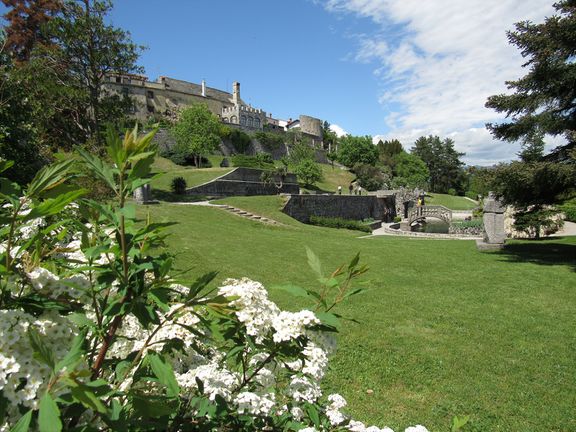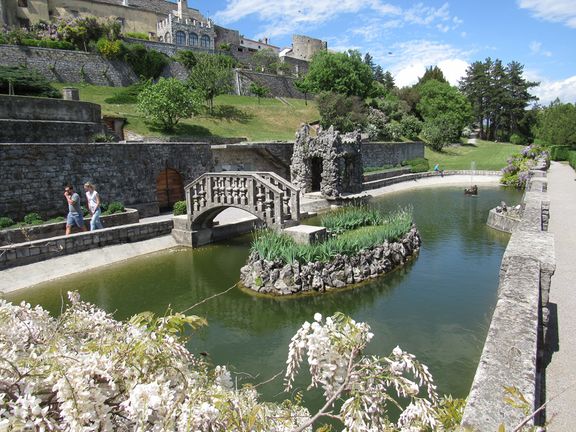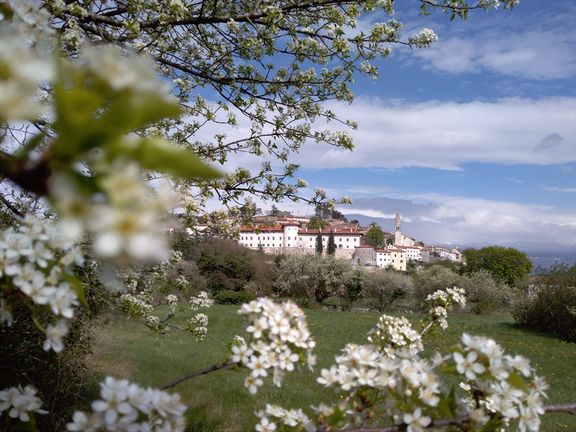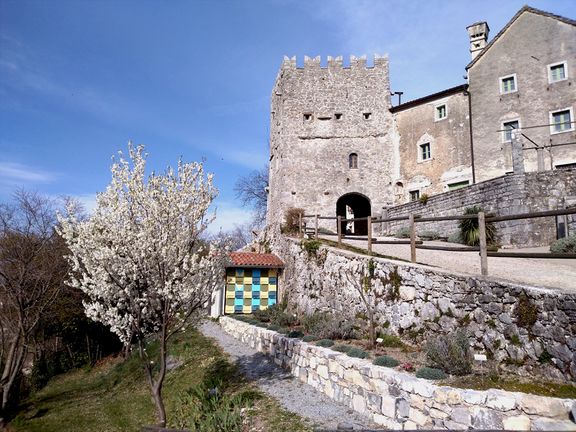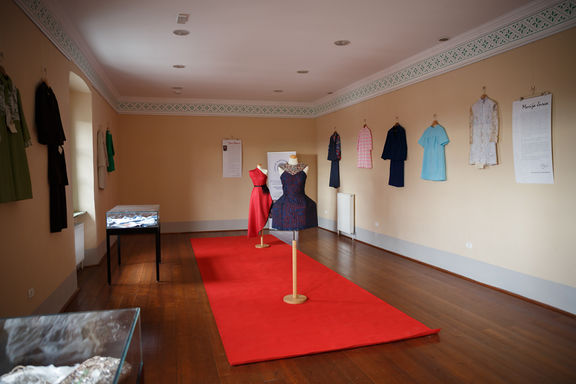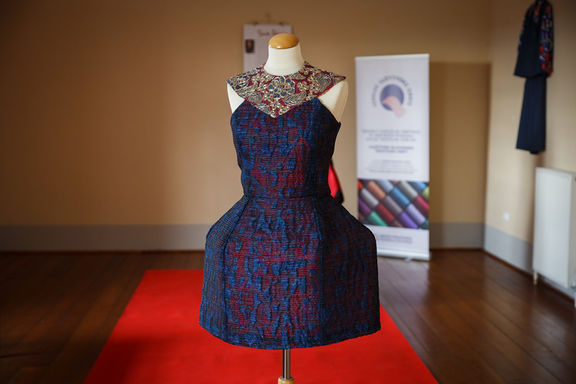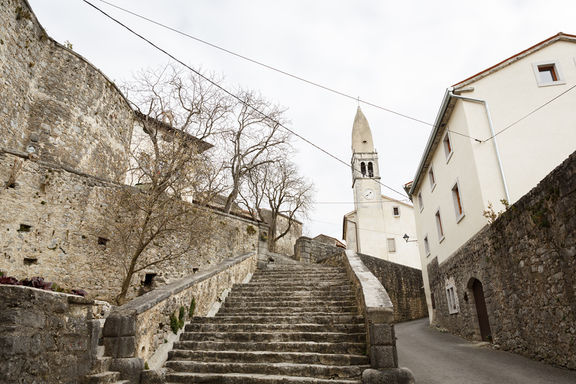Difference between revisions of "Štanjel Castle"
(English proofreading + Updated 2020) |
(added a few see also links) |
||
| Line 35: | Line 35: | ||
== See also == | == See also == | ||
* [[Lojze Spacal Gallery and the Karst House, Štanjel]] | * [[Lojze Spacal Gallery and the Karst House, Štanjel]] | ||
| + | * [[Goriška Museum]] | ||
*[[:Category:Fabiani heritage]] | *[[:Category:Fabiani heritage]] | ||
| + | *[[Centre for Karst Architecture]] | ||
== External links == | == External links == | ||
Latest revision as of 09:02, 1 June 2020
History
In the 17th century, the town of Štanjel was fortified to defend it against Ottoman raids. In 1810, the castle passed to Count Coronini and was later owned successively by Christoph de Zahony, Count Ritter, the knight Joseph Fabiani, Count Melzi, Baron Sessel, a society from Trieste headed by Captain Parisi and eventually by Camillo von Marzetini.
Between 1920 and 1935, the castle was renovated by the architect Maks Fabiani, who turned it into a multipurpose building in order to house the municipal offices of Štanjel and other public services.
Unfortunately in 1944, the castle burnt down and was heavily damaged. It has been slowly rebuilt since.
See also
- Lojze Spacal Gallery and the Karst House, Štanjel
- Goriška Museum
- Fabiani heritage
- Centre for Karst Architecture



